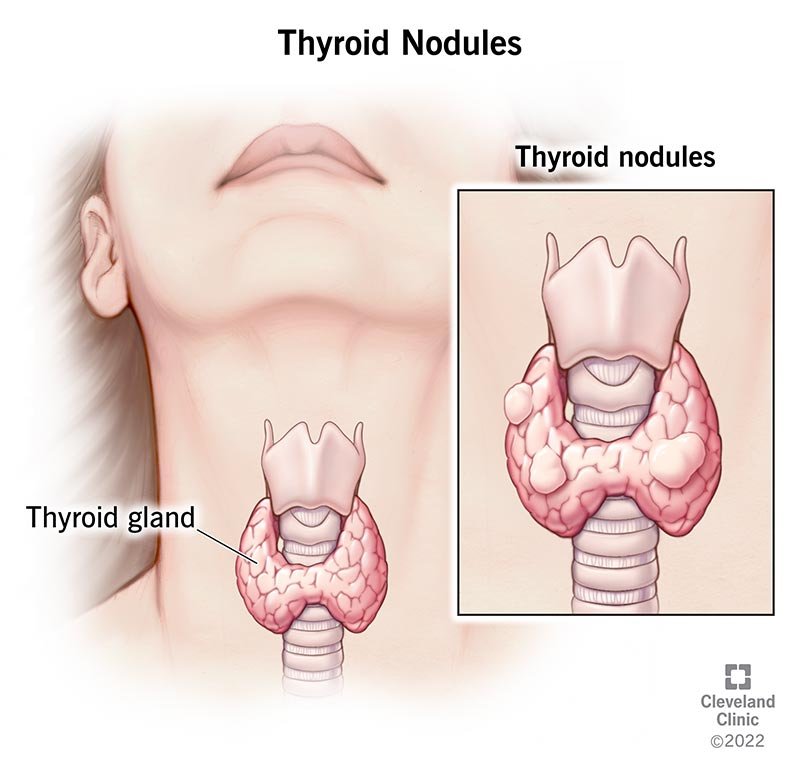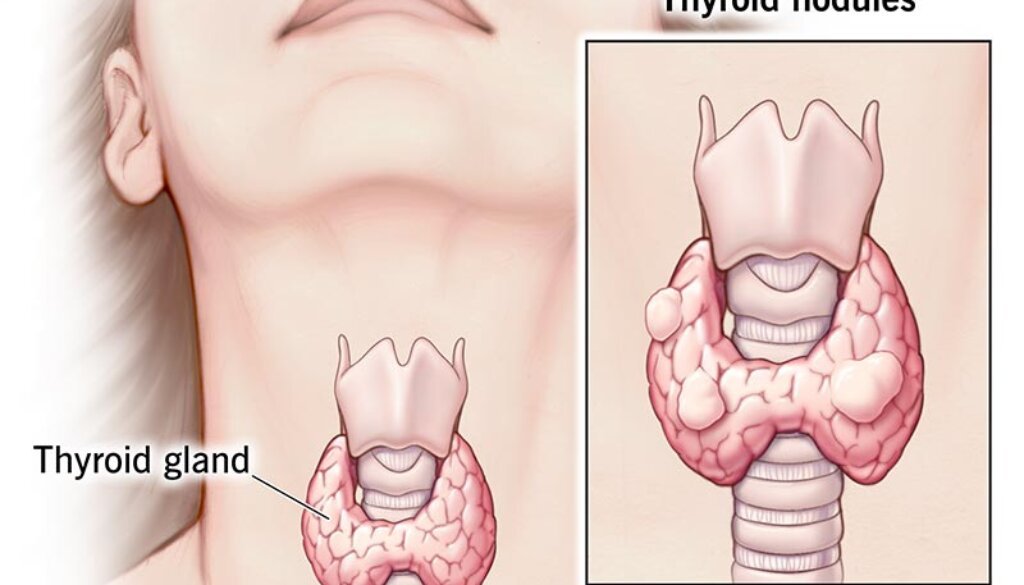Unusually tired after your workout? It might be time to check your thyroid.
Thyroid conditions are surprisingly prevalent in the United States, with an estimated 20 million Americans affected, and many are unaware of their condition. Thyroid disorders manifest a variety of symptoms, some of which often go unnoticed or are attributed to the hustle and bustle of daily life.
One of the most prevalent symptoms is persistent fatigue, particularly noticeable following physical activity. Feeling excessively tired after a workout could be an indication of an underlying thyroid issue.
What is the thyroid gland?
The thyroid, a small yet powerful gland located at the base of your neck, plays a crucial role in regulating the body’s metabolism. It receives signals from the pituitary gland in the brain, instructing it on the production and distribution of thyroid hormones throughout the body.
These hormones are essential for regulating metabolism, growth, and development. They relay instructions to each cell regarding energy usage and available energy sources.
Given that thyroid hormones have receptors on every cell in the body, changes in their concentration can affect every system. Unfortunately, this complexity contributes to the challenge of diagnosing thyroid conditions, as they can manifest in a wide range of problems across various organ systems.

Hypothyroidism explained
The most prevalent thyroid disorder is hypothyroidism, characterised by insufficient production of thyroid hormone by the thyroid gland. When thyroid hormone levels are low, the body’s organ systems tend to slow down. Common symptoms associated with hypothyroidism include:
– Fatigue and lethargy
– Depression
– Slowed cognitive processes and movements
– Muscle aches and pains
– Constipation
– Cold intolerance
– Thinning hair, dry skin, and brittle nails
– Irregular menstrual periods
Hypothyroidism frequently develops in women during midlife, often coinciding with perimenopause and menopause. As a result, women experiencing menopause or postmenopause may notice a combination or exacerbation of these symptoms.
Several factors can cause hypothyroidism, with the most common being an autoimmune disorder known as Hashimoto’s thyroiditis. In this condition, the immune system erroneously attacks the thyroid gland. The constant presence of antibodies around the thyroid leads to its suppression and eventual dysfunction due to chronic inflammation.
Why hypothyroidism may be the culprit behind workout fatigue
Identifying hypothyroidism can be challenging, but feeling excessively fatigued after a workout and experiencing slow recovery may indicate the need for a thyroid blood test.
While it’s normal to experience some soreness after exercising, there’s a distinction between healthy discomfort and potentially harmful fatigue. Thyroid hormones play a crucial role in energy utilisation within cells, making it difficult for the body to recover properly during exercise.
Maintaining a delicate balance when exercising with hypothyroidism is crucial. Too little exercise may mean missing out on its benefits, while too much can further deplete already limited thyroid hormones. Gradually building muscle and strength, without overexerting yourself, can aid in regaining energy and promoting weight loss.
If you often feel energised immediately post-workout but then hit a wall shortly after, it could signify your body’s struggle to recover adequately due to thyroid dysfunction. When the thyroid fails to regulate essential bodily functions effectively, this cycle of exhaustion, weight gain, and frustration may persist.
Even the thought of starting an exercise routine can feel overwhelming under these circumstances. Curves and MyCurves on Demand offer a wide range of classes suitable for varying fitness levels, with lower to moderate intensity workouts being particularly beneficial for those with concerns.
It’s important to note that the thyroid also plays a role in regulating heart rate, blood pressure, and body temperature. Therefore, insufficient thyroid hormone levels may prompt the body to seek alternative means of self-regulation.

How to test if you have a thyroid condition
If you suspect your thyroid might be malfunctioning, the initial step is to undergo a thyroid blood test. An at-home thyroid blood test can measure several key markers, including:
– Thyroid-stimulating hormone (TSH)
– Free thyroxine (Free T4)
– Free triiodothyronine (Free T3)
– Thyroid peroxidase (TPO) antibodies, which aid in identifying autoimmune thyroid diseases
Telemedicine has made blood testing more accessible by eliminating the need for a doctor’s requisition before visiting a lab. Now, you can conveniently order an at-home thyroid test kit from Paloma Health, which checks for hyperthyroidism, hypothyroidism, and Hashimoto’s disease.
Test results typically take five business days and can help you determine if further evaluation by a healthcare professional is necessary. A thyroid specialist can assist you in interpreting your lab results and guide you on the next steps to take.
Staying active with a thyroid condition
Living with an underactive thyroid can pose challenges, especially when striving for an active, healthy lifestyle. However, there are proactive measures you can take to boost your energy levels, even while maintaining a regular exercise routine.
1. **Take your thyroid medication:** Individuals with hypothyroidism require lifelong thyroid replacement medication to elevate their low thyroid hormone levels. Consistently taking your medication is essential for maintaining energy levels.
2. **Prioritise sleep:** Sufficient sleep is crucial for everyone, but it’s especially important for those with thyroid conditions. Quality sleep allows your endocrine glands to recuperate and can help mitigate inflammation, which can worsen conditions like Hashimoto’s.
3. **Support your thyroid through diet:** Consuming foods low in inflammation and rich in nutrients can aid thyroid function. Opt for energy-packed foods high in protein and healthy fats, such as avocados, fatty fish, nuts, seeds, and pasture-raised animals.
4. **Reduce caffeine intake:** While tempting to rely on caffeine for energy boosts, excessive consumption can interfere with thyroid medication absorption, potentially leading to increased fatigue.
5. **Continue exercising:** Exercise remains crucial for overall health, but adjusting your routine can help manage post-workout fatigue. Curves and MyCurves On Demand offer thyroid-safe workouts that promote movement and leave you feeling invigorated.
A message from Paloma Health:
Staying active can be challenging with a thyroid condition, but exercise is vital for your well-being. Discover your thyroid function with an at-home thyroid test kit and consult with a trusted thyroid specialist to develop a personalised care plan. Use code CURVES at checkout to understand your thyroid function, save $19^ on your first at-home thyroid test kit, and enjoy free shipping both ways. Results typically available within one week. Offer valid for individuals aged 18 or older residing in the United States,






